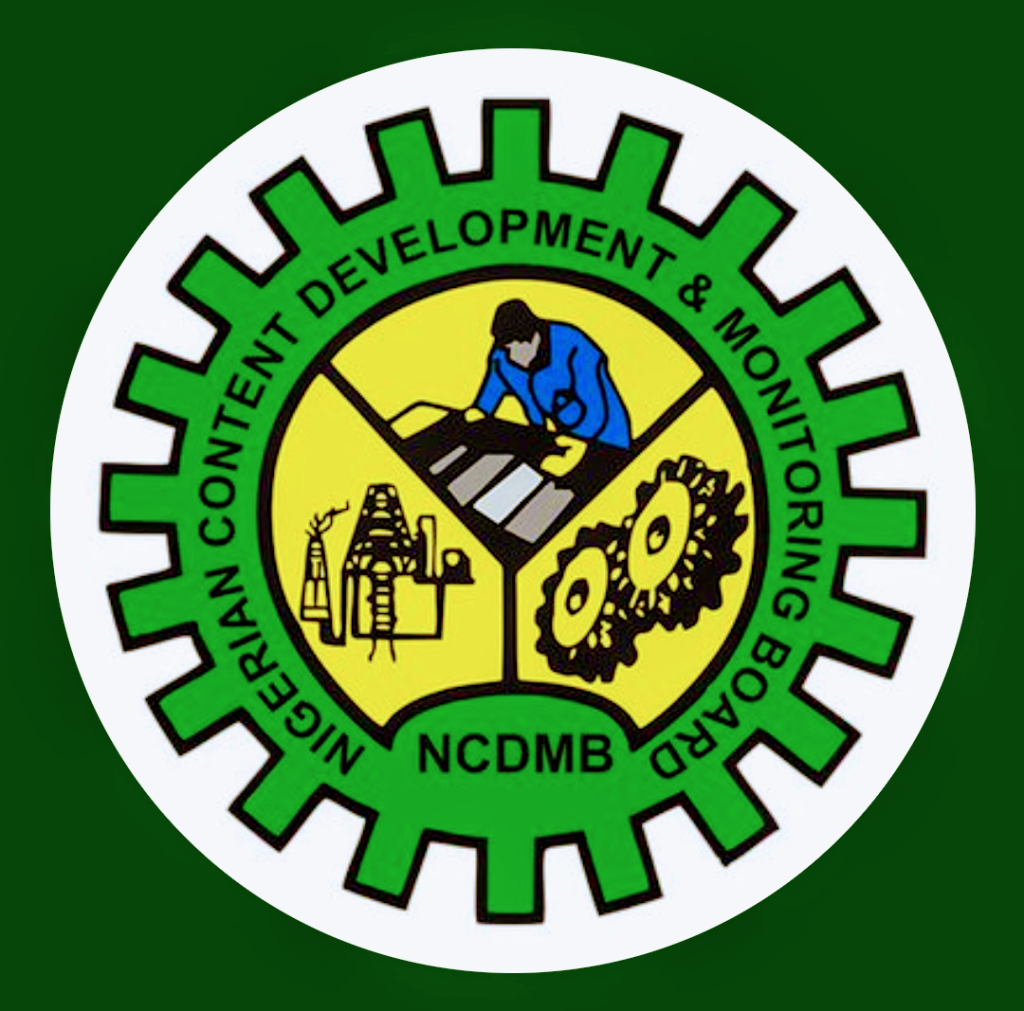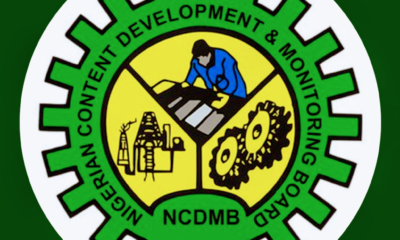The Nigerian Content Development and Monitoring Board (NCDMB) has announced that it has invested $332 million to attract project developments valued at $3.7 billion under its commercial ventures partnership program.
Its Executive Secretary, Simbi Wabote, made this known at the virtual bi-yearly Nigerian Oil & Gas Opportunity Fair (NOGOF).
According to him, the partnership of the Board has been quite productive, especially in terms of value addition. For instance, the Board’s partnership with Brass Fertiliser has led to the development of a 10,000MT/day Methanol Plant and 500MMscfd gas processing plant at Odiama in Brass.
The Board is also in partnership with Rungas Group for the manufacturing of 1.2 million composite LPG cylinders yearly in Bayelsa and Lagos states; the same partnership exists between the NCDMB and Butane Energy to deepen LPG utilization in the North through the roll-out of LPG bottling plants and depots in Kano, Kaduna, Katsina, Bauchi, Nassarawa, Zamfara, Niger, Plateau, Gombe, Jigawa states and Abuja.
Wabote said some of the Board’s partnerships would be completed and inaugurated within the next two years, notably modular refineries in Edo and Bayelsa states.
“We shall complete and commission composite LPG cylinder manufacturing plants with a combined capacity of 1.2million cylinders per annum. We shall commission three other projects dedicated to gas processing, LPG bottling, and production of base oil. We shall also commission and commence operations from our industrial parks at Odukpani and Emeyal-1 and we shall commercialise at least one R&D project and close skills gaps in under-water welding and any other core skill required in the industry,” he said.
He continued, “We have widened the options for accessing our intervention funds by increasing the size of our intervention funds from $200 million to $350 million, increasing the number of products from 5 to 7, and also increasing the number of managing banks from 1 to 2.
“We have committed a total of USD332 million to attract project developments valued at $3.7billion under our commercial ventures partnership program.
“The Federal Government is also implementing the N2.3trillion Economic Sustainability Plan managed by the Office of the Vice President for public works, housing program, Solar Home Systems, agriculture, healthcare, and social investment.
“There is no gainsaying that the desired level of opportunities cannot be harnessed by Nigerian companies without the domiciliation of critical infrastructure such as roads, power, trunklines, railways. The railways and the train stations, the Second Niger Bridge, the AKK Pipeline, and other infrastructure projects provide unique opportunities for investments and businesses to thrive.
“There are opportunities in areas of manufacturing, logistics, security, facilities management, training, catering services, occupational health services, and many others.”
Some of the other partnerships undertaken by the Board include the 5,000 barrels per day Waltersmith Modular Refinery at Ibigwe, Imo State and NEDO Gas Processing Company in Kwale, Delta State, for the establishment of 80 million standard cubic feet per day (MMscfd) gas processing plant and a 300MMscfd Kwale Gas Gathering hub.
Other investments include the development of 5,000 metric tons LPG Storage and loading terminal facility by Triansel Gas Limited in Koko, Delta State and construction of Energy Park, inclusive of a modular refinery, power plant and 40MMscfd gas processing facility at Egbokor, Edo State by Duport Midstream.
Wabote is convinced that the roll-out of new policies and enactment of laws would open a new vista of opportunities for investors. He said the declaration of a “Decade of Gas” by President Muhammadu Buhari, the impending passage of the Petroleum Industry Bill, the amendment of the NOGICD Act, the ratification of the AfCFTA agreement and the recently approved and gazetted Ministerial Regulations were some of the policy and regulatory-driven opportunities in the coming years.
Similarly, the Group Managing Director of the Nigerian National Petroleum Corporation (NNPC), Mele Kyari, expressed the corporation’s readiness to partner potential investors towards value creation and a fair share of Return on Investment (RoI) in the exploration of frontier basins, development of upstream gas fields and financing of greenfield/brownfield additional production on de-risked assets. He assured of the opportunities that abound in gas and power infrastructure development, like expanding gas pipeline networks, development of gas-based industries as well as the Integrated Power Plants (IPP).
Other areas of opportunities, he noted, include the rehabilitation of refineries; construction of greenfield condensate refineries, as well as in the downstream sector, especially in LPG and CNG plants across the country, pipelines and storage tank construction as well as developing shipping capacity.


 Naira4 weeks ago
Naira4 weeks ago
 Naira4 weeks ago
Naira4 weeks ago


 Naira4 weeks ago
Naira4 weeks ago




 Naira3 weeks ago
Naira3 weeks ago
 Commodities4 weeks ago
Commodities4 weeks ago


 News4 weeks ago
News4 weeks ago


 Banking Sector4 weeks ago
Banking Sector4 weeks ago
 Travel4 weeks ago
Travel4 weeks ago

















